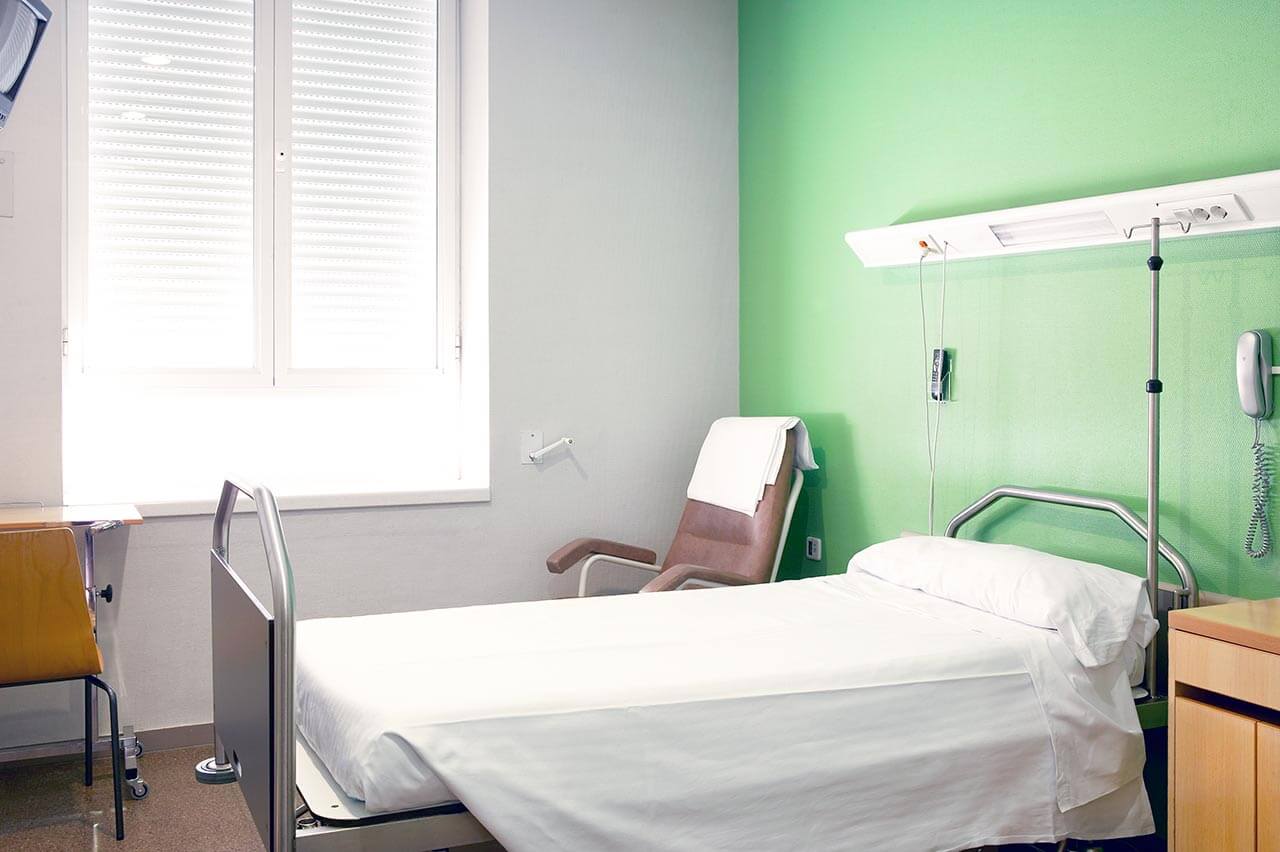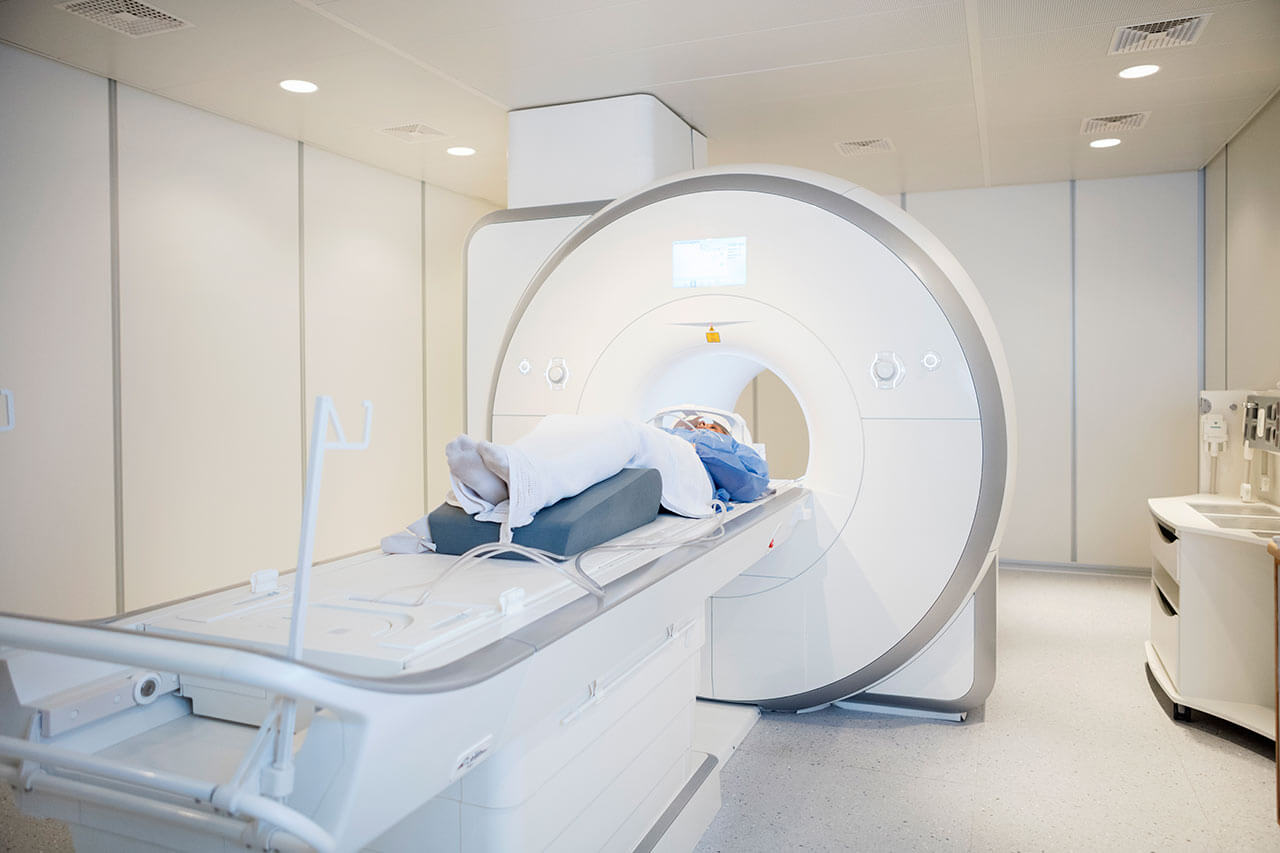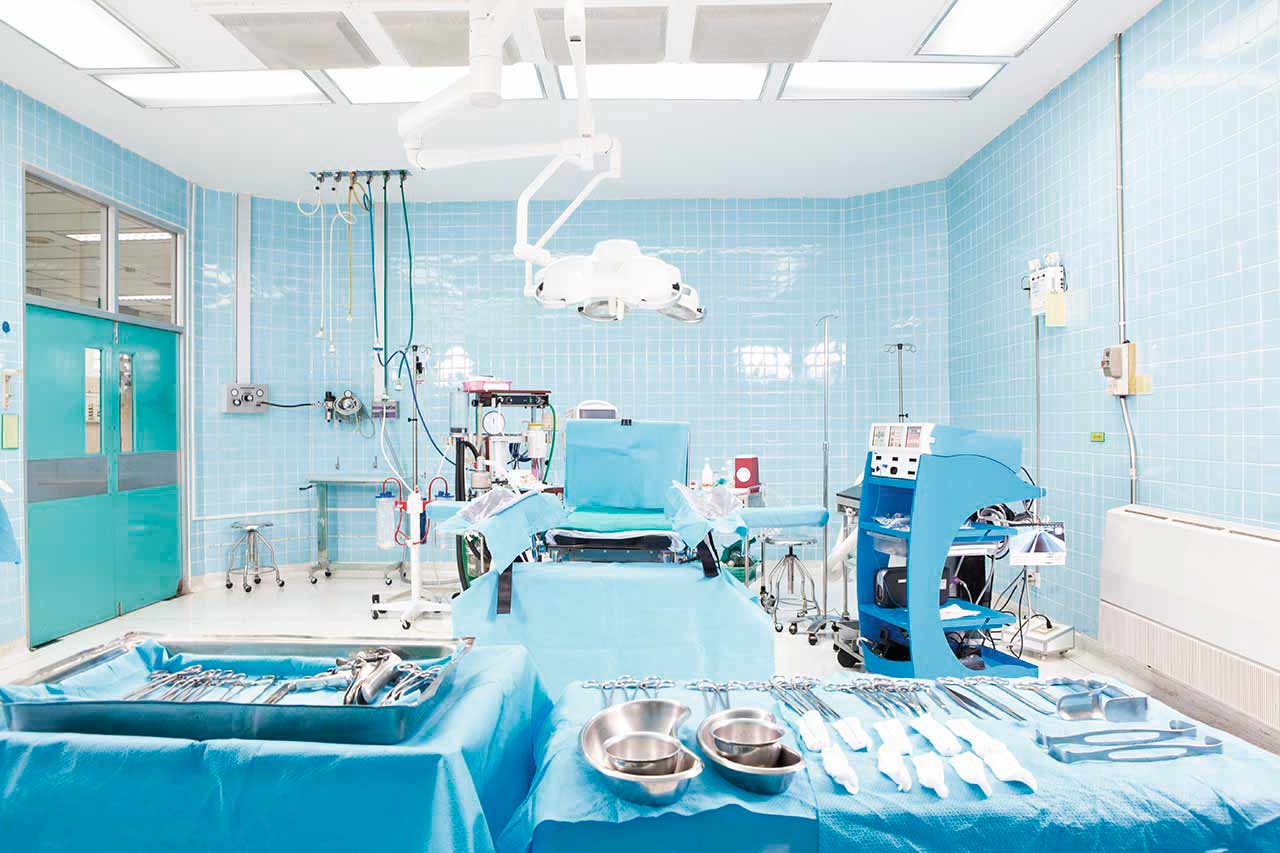
About the Department of Reproductive Medicine at University Hospital of Ludwig Maximilian University of Munich
96 Booking Health patients have already received treatment in the Center for Hormonal Disorders and Fertility at the University Hospital of Ludwig Maximilian University of Munich.
98% of patients recommend this hospital and department.
You can read reviews about the quality of the Booking Health service here.
The Department of Reproductive Medicine at the University Hospital of Ludwig Maximilian University of Munich offers the full range of modern diagnostic and therapeutic services in this area and is one of the largest medical facilities of this kind in Europe. The department’s main activities include the treatment of infertility and miscarriages using in vitro fertilization, intracytoplasmic sperm injection, blastocyst transfer, and the use of immunological methods. The doctors working at the medical facility also specialize in treating hormonal imbalances, including menstrual irregularities and polycystic ovary syndrome, which often interfere with pregnancy. The therapeutic offer is complemented by fertility preservation methods, such as egg and sperm cryopreservation. The department's doctors have all the necessary diagnostic options to detect the cause of infertility, which is the main condition for effective treatment. The department's medical team has vast clinical experience, and therefore the specialists successfully cope with even the most complex clinical cases, giving people the opportunity to become parents. The department is headed by Prof. Dr. med. Christian Thaler, who, according to the Focus magazine, ranks among the best German doctors in the field of his competence.
Infertility is a fairly common pathology today and requires a competent approach to treatment. Infertility is diagnosed if a woman does not become pregnant within a year of regular sexual activity without the use of contraceptives. The absence of a desired pregnancy can be due to health problems for both a woman and a man. The most common causes of the inability to conceive a child in women include hormonal disorders, fallopian tube obstruction, endometriosis, polycystic ovary syndrome, and other pathological changes. As for men, it may be insufficient concentration or mobility of spermatozoa, their abnormal shape, varicocele, testicular diseases, impaired patency of the vas deferens, ejaculation disorders, etc. The causes can thus be very diverse, and to accurately determine them, it is necessary to conduct comprehensive diagnostics, the results of which will become the basis for developing an optimal treatment regimen.
The department has all the modern technical options to clarify the causes of infertility. The medical facility conducts hormone testing, ultrasound scans, assessment of the fallopian tube patency, hysteroscopy, laparoscopy, genetic tests, and a comprehensive examination of men. A complex of required diagnostic procedures is selected individually. For example, a hysteroscopy is an invasive endoscopic procedure that is appropriate for suspected uterine fibroids or polyps. A laparoscopy also refers to invasive procedures, and the indication for it may be suspected fallopian tube obstruction, endometriosis, or adhesions.
The department's reproductologists begin treatment after receiving all of the diagnostic information. Intrauterine insemination with partner or donor sperm may be a treatment option in the case of problems with conception, the absence of ovulation, the formation of antisperm antibodies, a low sperm quality (namely, impaired sperm quantity, mobility, and shape), problems with the penetration of sperm into the uterine cavity, insufficient sperm volume, and infertility of unknown origin. The procedure is performed using a thin and soft plastic catheter. The intrauterine insemination procedure is absolutely painless, and therefore it is carried out without any anesthesia. The therapeutic effect is achieved by introducing high-quality sperm directly into the uterine cavity, thanks to its processing in the laboratory.
Patients with obstructed or malpositioned fallopian tubes, endometriosis, cervical problems, and unsuccessful attempts at intrauterine insemination are offered in vitro fertilization (IVF). The essence of IVF is the fertilization of an egg with a sperm cell in a laboratory outside the woman's body. After that, the specialists transfer the embryo into the uterine cavity of the expectant mother. The department also uses intracytoplasmic sperm injection (ICSI) as an additional measure in the case of in vitro fertilization (usually with poor sperm quality), which increases the chances of successful conception. During ICSI, the sperm is injected directly into the egg cytoplasm using special micromanipulators. Intracytoplasmic sperm injection thus imitates the natural process of sperm entering the egg.
The department also performs such procedures as testicular sperm extraction (TESE) and microsurgical epididymal sperm aspiration (MESA), which are indicated for men with azoospermia. Men with this pathology have no spermatozoa in their seminal fluid, which makes it impossible to conceive a child naturally. The purpose of the procedures is to take a small part of the testicular tissue from which viable spermatozoa are extracted for their further use during IVF or ICSI procedures. Testicular sperm extraction and microsurgical epididymal sperm aspiration are performed in collaboration with andrologists.
To treat recurrent miscarriages due to various causes (pathological uterine changes, infections, genetic defects, immunological causes, blood clotting disorders, or hormonal factors), in addition to medical and surgical methods, the specialists of the center use many conservative methods, such as diet correction, acupuncture, and methods of traditional Chinese medicine.
The department's range of medical services includes:
Diagnostic options |
|
Therapeutic options
|
|
Other diagnostic and treatment methods |
Curriculum vitae
Dr. Christian Thaler was appointed as a University Professor at the University Hospital of Ludwig Maximilian University of Munich in 1998, where he now leads the Department of Reproductive Medicine. Before taking up this post, he worked and studied in renowned hospitals and institutes in Germany and abroad, including the Center for Reproduction and Transplantation Immunology, Indianapolis, USA, the Center for Assisted Reproduction, Brigham and Women's Hospital, Harvard Medical School, Boston, the Medical School of Aberdeen, UK, and the Department of Gynecological Endocrinology of the Johann Wolfgang Goethe University Frankfurt am Main.
Prof. Thaler is the President of the German Society of Reproductive Medicine, the oldest and largest German Society involved in the development of new diagnostic and therapeutic approaches for infertility. He is a Member of the Executive Board of the German Menopause Society. He was also the Vice President of the American Society for Reproductive Immunology for some years. He is a Member of numerous national and international scientific societies. Dr. Thaler is authorized to provide advanced training in Gynecologic Endocrinology and Reproductive Medicine, and is an Examiner in these fields for the Bavarian Medical Association. The specialist is also an Expert of the European Foundation for Quality Management (EFQM) in Brussels and a Member of the Clinical Reproductive Immunology Section of the American Society for Reproductive Immunology (ASRI). Since 2015, Prof. Thaler has been a Reproductive Endocrinology Consultant at the Songziniao Hospital Wuhan, China, specializing in all aspects of family planning, assisted reproductive technology, and pregnancy. From 2012 to 2019, Prof. Thaler was a Co-Author of the German National Academy of Sciences Leopoldina's regulation "Reproductive Medicine in Germany - for modern legislation".
Main Clinical and Scientific Interests
- Ovarian function and the effect of microelements and vitamins on it.
- Mechanisms of embryo implantation in the uterus.
- Hormonal and immunological processes during early pregnancy.
He is an Author and Co-Author of numerous books and a large number of scientific publications.
Photo of the doctor: (c) LMU Klinikum





